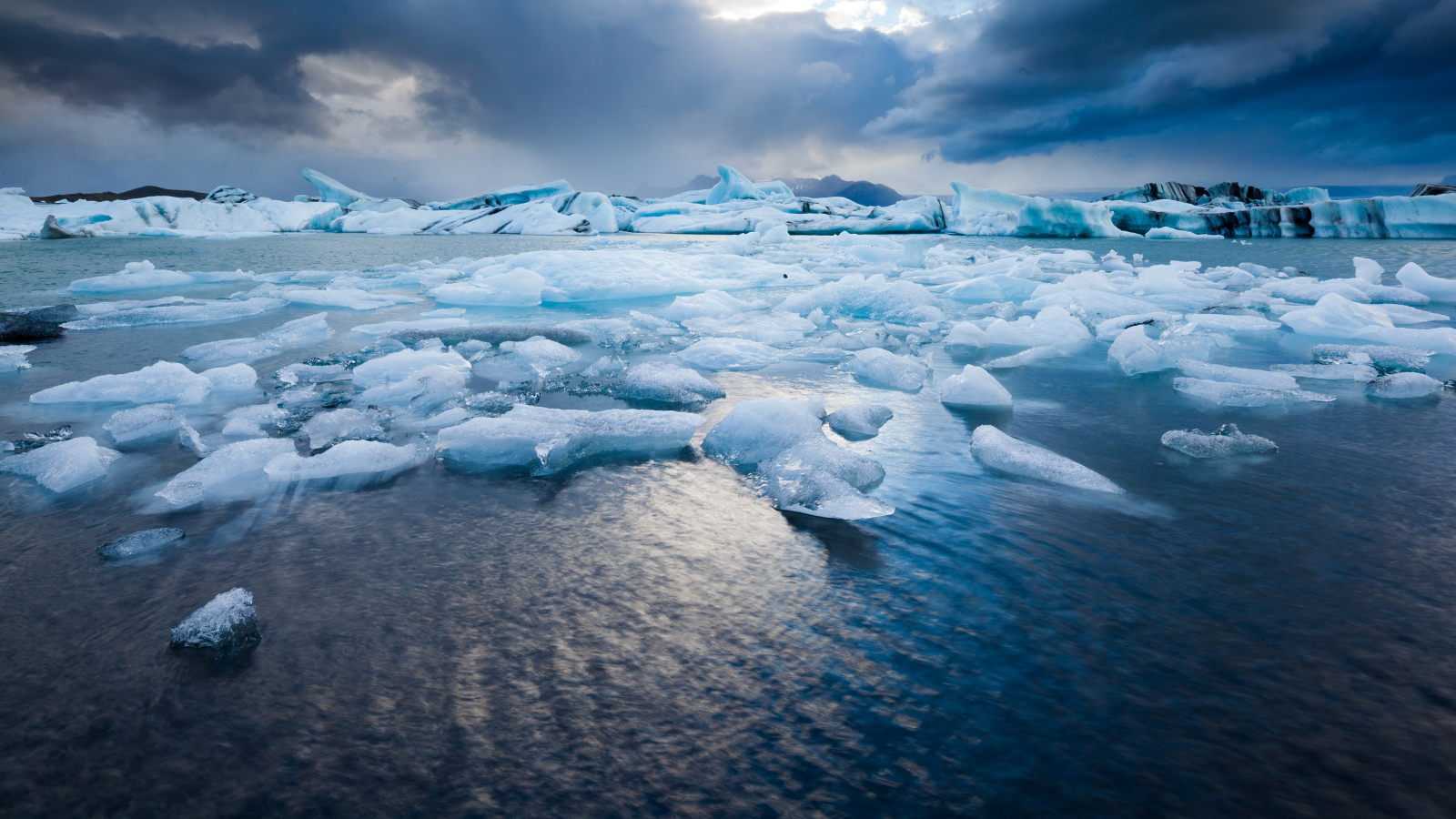
Practical information
Only three years after its adoption, the Paris Agreement on Climate is undermined. With the US announcing their withdrawal, maintaining the momentum for climate action and international cooperation has proven increasingly complex.

Governments are still struggling to find an agreement on transparency rules and progress on monitoring and as it becomes clear that some major emitting countries, for example Australia and Brazil, are at risk of giving up on their 2015 climate commitments. And the growth in global emissions (+1.4% in 2017) is at complete odds with the latest study from the Intergovernmental Panel on Climate Change (IPCC). Are international climate negotiations in a deadlock once again or is there hope for a new impetus at the next summit in Katowice?
To discuss the upcoming COP24 meeting, the Ifri Centre for Energy is hosting a breakfast roundtable with key experts on international climate action:
- How to defend the Paris agreement? Brigitte Collet, Climate Ambassador, French Ministry for Europe and Foreign Affairs
- How can the EU convince its partners to do more in terms of emissions reduction? Elina Bardam, Head of Unit International Relations, Directorate General for Climate, European Commission
- How can cities help reduce emissions? Cécile Maisonneuve, President of La Fabrique de la Cité
- Can U.S. States and cities compensate for President Trump’s withdrawal? Arnault Barichella, Visiting Fellow, Department of Government, Harvard University
Other events

Paris Naval Conference 2026: Naval Rearmament and Operations in Contested Waters
This fourth edition of the Paris Naval Conference (CNP), bringing together high-level military, industrial, and academic speakers, will address the challenges associated with general naval rearmament and naval operations in increasingly contested environments.





